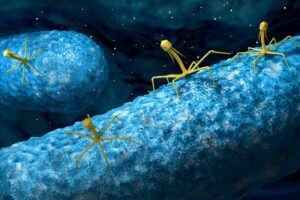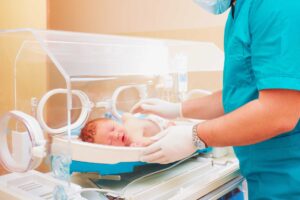Pediatrics
Neuroscience, Pediatrics
The findings of a recent study show that Q-net can accurately predict the long-term trajectories of gut microbes and identify patterns indicative of future cognitive deficits.
Gastroenterology, Pediatrics
The findings of a recent study suggest that the infant gut microbiota begins to develop circadian rhythms soon after birth, with diet having minimal influence on these microbial patterns.
Gastroenterology, Immunology
The findings of a recent study suggest that the infant microbiota produces neurotransmitters that are required for the development of the immune system.
Gastroenterology, Pediatrics
The findings of a recent study shed light on the role of complement proteins in breast milk and provide a mechanism through which breastfeeding may provide protection from certain bacterial…
Gastroenterology, Pediatrics
The findings of a recent study suggest that the gut microbiota contributes to alterations in the levels of metabolites associated with ulcerative colitis.
Neuroscience, Pediatrics
The findings of a recent study suggest that L. reuteri eases social difficulties in autistic children.
Gastroenterology, Pediatrics
The findings of a recent study suggest that different factors, including maternal seeding and phage persistence in the gut, contribute to the colonization of the gut by phages.
Neuroscience, Pediatrics
The findings of a recent study show that specific gut microbes and their metabolites affect cognition and memory when transplanted into germ-free mice.
Gastroenterology, Pediatrics
The findings of a recent study shed light on the microbiota of the main nutrition types that preterm infants receive and may inform future studies on the influence of different…
Pediatrics
The findings of a recent study suggest that the microbiota-derived metabolite phenyllactic acid can prevent antibiotic-associated obesity in early life.











